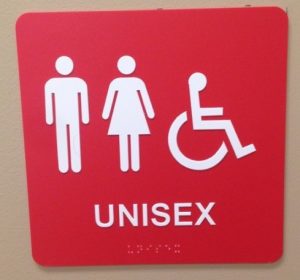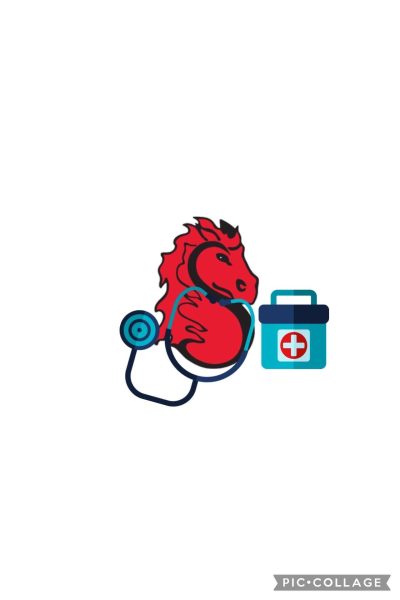Governor Tim Walz signs trans-refugee state bill

Governor Tim Walz signed bill HF-146 on March 24. This bill will solidify Minnesota as a trans-refugee state and was passed by 68 – 64 votes in the Minnesota House of Representatives and has moved on to the Senate. In the first few months of the year, there have already been more anti-LGBTQ+ laws being introduced in the United States than in the last five years combined. Specifically, trans youth are being attacked with many laws at the state level forcing trans youth to de-transition and preventing them from receiving gender-affirming care. Trans people from all over the country can now receive gender-affirming care in Minnesota without fear of reprisal.
“I was really excited about this anti-trans proclamation that trans people are now allowed to receive care, not only for those who live in the States but those from out of state as well,” junior Alex Funk explained.
There are more than 430 anti-LGBTQ bills being considered for law and were introduced in just the first three months of this year. This new law is only one against hundreds of bills, but will provide life-saving gender-affirming health care to trans people.
“I can’t say how significant of a dent it will make, but hopefully it can encourage other states with more trans-accepting government officials to start passing similar laws,” junior Jax Hayes said.
The significance of bill HF-146 can be seen in the thousands of trans youth across the country who are losing access to gender-affirming care. According to the Williams Institute 144,500 trans youth have already lost or are at risk of losing access to gender-affirming care.
“Being a bystander, in this case, will only cause more and more extreme laws, calling for the prosecution and arguably even genocide of trans people to be passed. I just hope that this bill being passed here can be a first step for both trans kids in our state and trans kids across the country as a whole,” Hayes explained.
These youth and their families will now be able to receive treatment in Minnesota without fear of being prosecuted in their home state. This is why Minnesota is now being called a trans-refugee state.
Funk described how dangerous the mental health effects on LGBT kids are. She explained it is because the bills don’t only stop trans youth’s ability to transition, but also prevent them from being who they are. She also explained how detrimental the anti-trans laws are to the physical and mental health of trans people and said as a result, there could be an increase in families moving to Minnesota to receive gender-affirming care for trans youth.
Alongside the fear of being prosecuted, there is also an increasing amount of hate crimes against trans people.
“We’ve already seen a huge rise in trans hate crimes and they are definitely going to get worse, especially in schools,” junior Ash Sutterfield explained.
According to a trevorproject.org survey, LGBTQ+ youth are 45% more likely to seriously consider suicide. As the number of anti-LGBTQ+ and trans bills introduced increases, this number will only go up. These laws will not only affect their ability to transition, but also their mental health.
“It’s been statistically proven that when trans kids aren’t allowed to receive the gender-affirming care that they genuinely need, suicide rates do get a lot higher,” Sutterfield explained.
According to Hayes, “in the current moment,” all that can be done is “protect as many trans people as possible.” This bill will allow Minnesota to do just that. While this bill is a step in the right direction, there is still a long way to go both in Minnesota and across the United States.
“There are still a lot of problems with transphobia within the state, especially within schools. I think that needs to also be taken care of, but I think that it’s a great start considering the bills that have passed,” Sutterfield said.









